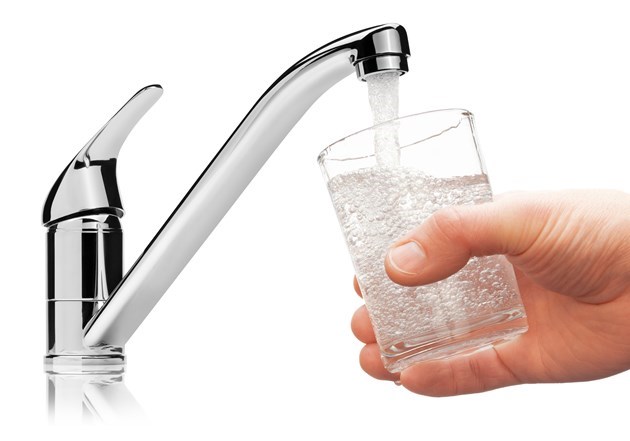Running a city is expensive. Particularly an amalgamated city like Greater Sudbury. Amalgamation equalized (or tried to) services across the newly created city, but it brought with it a host of new expenses.
Case in point, our water system. Or more accurately, our water systems. Because we actually have more than one. Greater Sudbury, a city of 160,000 or so people, operates six water systems and 13 sewer systems — that 984 kilometres of water pipe, and 777 kilometres of sewer pipe.
Let those numbers sink in. Because we’re responsible for ensuring water (and other matter) has a destination to get to and a pipe to take it there.
For perspective, Toronto (not the GTA) manages four water systems for 1.3 million people.
Three years ago, the consulting firm KPMG took a look at what kind of capital work would be required over the next decade to keep our water system flowing safely and abundantly.
The numbers are … a little staggering. Over the next 10 years, our water system could need as much as $850 million worth of work. If we delay that work longer, it will easily cost us into the billions.
The reason, at least partially, is amalgamation. Greater Sudbury has a complex array of water system infrastructure all of which needs to be repaired and maintained. That’s no small task, especially for a relatively small city that’s big on geography and short on people (or more accurately, short on taxpayers).
Most of us probably don’t spend a lot of time thinking about the water system unless something goes wrong. Which is really how it should be. Why dwell on a something when you don’t have to.
But there’s one guy in the Nickel City who does spend a lot of time dwelling. On water, that is. Retired business owner Bob Tate thinks we take water for granted because we undervalue it. We don’t treat it as the valuable (and life-giving and life-sustaining) commodity that it is.
And because we undervalue it, we’re not inclined to conserve it. Because we’re not inclined to conserve it, we waste it.
Check out a story reporter Darren MacDonald wrote this week on Sudbury.com.
Tate believes that if we put more monetary value on our H20, we’d be more conscious of just how important water is to human society and the planet in general. Right now, you’re paying about a penny a litre.
He would like to see the water rates we pay be based on how much a customer uses, rather than on an equal percentage across the board. As Tate says, why should someone with a swimming pool pay the same rate as someone without one, when the person with the pool is using far, far more water.
People should be rewarded for conserving water by paying a lower rate, while someone who uses more should pay more, under Tate’s scenario.
What’s the big deal, you might be asking yourself? We have an abundance of water. Well for one, there’s those repairs and maintenance costs I mentioned earlier. Our water system needs somewhere between $850 million and $1.3 billion worth of work. And then there’s the potential $700 million in long-term capital costs for upgrades and new infrastructure so the system is safe and can meet future demand.
Paying more for water and encouraging conservation would fund repairs and maintenance, and reduce the need to spend so much on new infrastructure.
Of course, the words “pay more” aren’t popular with politicians or taxpayers. So while Tate’s ideas might be right on the mark, the chance any politician would run with that football are pretty slim.
But there are plenty of reasons, beyond municipal finance, to take Tate seriously.
Aging infrastructure is a huge problem across Canada. The Federation of Canadian Municipalities estimates that water and waste water infrastructure in poor condition is a $51-billion problem.
We’ve seen what happens in remote Indigenous communities when the water system fails. People suffer. They get sick, particularly the most vulnerable like young children and the elderly.
In Sudbury, we know that salt runoff, phosphates and industrial pollution jeopardize our freshwater sources. In Ontario, we’ve seen what happens when we allow foreign corporations to take millions of litres of freshwater a day for bargain basement prices and with little oversight — it short-changes the economy and hurts the environment.
Climate change will continue to cause more flooding and more droughts, impacting both water supply and overwhelming aging infrastructure.
Tate’s correct. We’re taking water for granted, and it could end up costing us billions of dollars, and maybe something far more valuable.
Mark Gentili is the editor of Sudbury.com and Northern Life.
